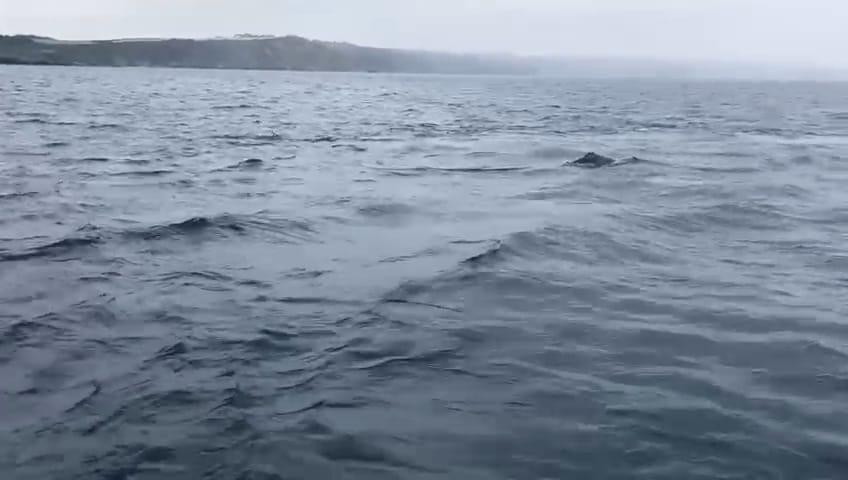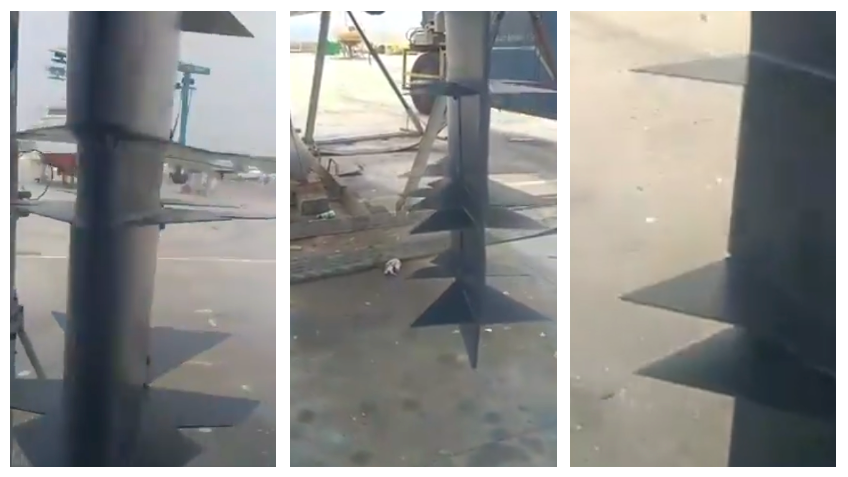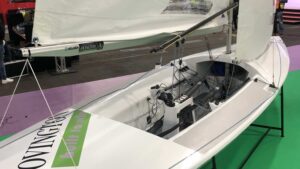Video: spike in Cornwall dolphin injuries tied to boating activity
 Credit: Mevagissey to Fowey Ferry crew
Credit: Mevagissey to Fowey Ferry crew
A ferry operating between Mevagissey and Fowey in Cornwall has revealed new evidence showing several dolphins with serious injuries to their dorsal fins, including two individuals with fins completely severed.
The footage, recorded on 3 August by ferry crews, show at least five dolphins in a pod exhibiting damage, ranging from bent fins to completely missing dorsal fins. Veterinary pathologist James Barnett from the Cornwall Marine Pathology team has assessed the injuries and concluded they most likely resulted from impact with watercraft.
Cornwall Wildlife Trust, which received the footage, warns that increased recreational boating activity in the region’s coastal waters is heightening risks to local marine mammals. The Trust has also received reports of boats approaching dolphin pods too closely, sometimes even moving directly through them.
Rebecca Allen, marine conservation officer at Cornwall Wildlife Trust, comments: “Over the last 10 years, we’ve had increased numbers of common dolphins in our Cornish inshore waters. Whilst this can lead to spectacular encounters for us, it also brings them into our very busy coastal waterways.
“We urge water users to please keep at a sensible speed and follow Government guidelines if they do see marine animals: reduce to a slow ‘no-wake’ speed and keep to a safe distance – at least 100m away.”
The increase in boating activity since the Covid-19 pandemic, combined with a rise in dolphin populations off the Southwest coast, has raised concerns about the welfare of these animals.
Under UK law, it is illegal to intentionally or recklessly kill, injure, or disturb cetaceans such as dolphins and porpoises.
Water users seeking guidance on responsible wildlife interaction can consult the Marine & Coastal Code provided by Cornwall Wildlife Trust and DEFRA.
The Cornwall Wildlife Trust Marine Strandings Network, responsible for monitoring marine wildlife strandings across Cornwall and the Isles of Scilly, is working alongside DEFRA and the University of Exeter to investigate and mitigate threats to marine species.
Alongside this footage, the BBC also reported an injured dolphin in waters off Lyme Bay, Devon. In response, the Marine Management Organisation (MMO) are holding an online event on Thursday, 14 August, inviting the public to understand solitary dolphin behaviour and how better to protect them.
The trust encourages all boaters and recreational water users to follow best practices to protect marine life and prevent further injuries.












I can’t help but think that all the windmills over there are effecting the dolphins sensory abilities.
I’ve been operating all types of boats in and around dolphins for 50 years, and have never struck one. This past weekend, we had adult and juvenile dolphins shooting under our twin screw yacht, surfing our wake. I’ve experienced this at least 200 times in my life. Never a strike. We have no windmills in our waters. The constant humming and vibrating is almost certainly effecting the sea life. Add to that. The number of bird kills is awful. Particularly on large birds of prey.
In contrast. Oil platforms provide some of the best fishing in the sea. Europe needs to stop trying to make the data fit an agenda.